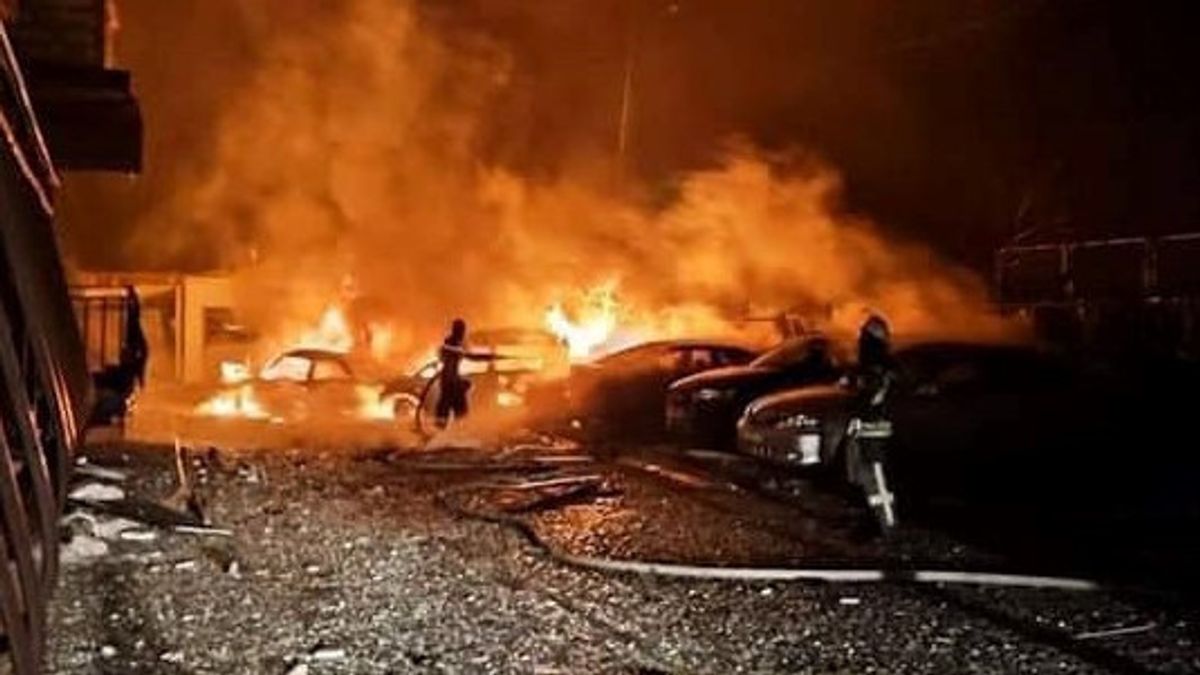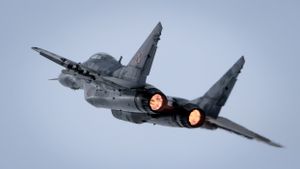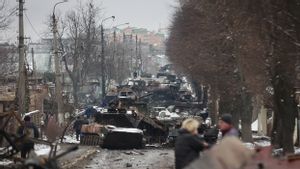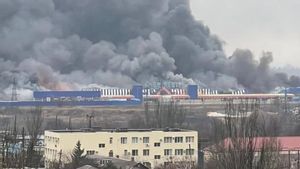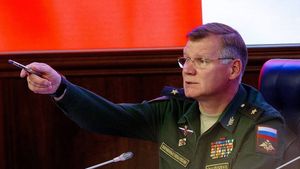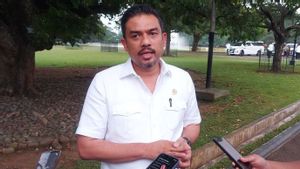JAKARTA - The head of a nuclear research facility in the northeastern Ukrainian city of Kharkiv said on Friday that the base of the institute had been hit by Russian shells during recent fighting, but that the nuclear fuel housing core remained intact.
He warned, however, that the risk of possible future damage from the current attack on equipment at the core could pose a danger.
"The facility, in working condition, does not pose any danger," said Mykola Shulga, director-general of the Kharkiv Institute of Physics and Technology of the National Science Center, cited from Reuters March 12.
"However, if there is physical damage, nuclear fuel leaks may occur, radioactive elements (may escape) outside," he continued while speaking to Reuters inside the facility.
"This will obviously be a very big problem for the environment. In other words, what will happen will be comparable to a similar situation at any nuclear power plant," he said.
While the interior of the institute suffered no damage, some of the outer walls of the building were damaged by shrapnel, and windows were shattered.
Previously, Ukraine and its allies feared the risk of a Russian invasion of nuclear facilities across the country, including power plants and research centers.
Zaporizhzhia, Europe's largest nuclear power plant, is now in Russian hands. During fighting with Ukrainian forces in the area, a fire broke out in a building at the site.
The International Atomic Energy Agency (IAEA), the United Nations nuclear watchdog, said something similar happened at the radioactive waste facility at Chernobyl, near a dead power plant that was the site of the world's worst nuclear disaster in 1986.
Both sites are under the control of Russian forces, but operated by Ukrainian staff under conditions the IAEA says jeopardizes the safety of the facilities.
Shulga dismissed recent reports in the Russian media that said Ukraine was developing nuclear weapons as 'dirty bombs'. Source-based reports do not cite evidence.
"It is impossible to make nuclear weapons from nuclear fuel cells," he said.
"The fake news circulating in the media recently about our agency working to produce nuclear weapons is completely untrue. What's more, everything that is being worked on at the agency is completely controlled by the IAEA," he explained.
VOIR éGALEMENT:
For information, Russia has called its actions in Ukraine a 'special military operation' to disarm and 'de-nazify' the country. Moscow denies targeting civilians.
Ukraine and its allies accuse Moscow of carrying out an unprovoked invasion that has led to a humanitarian catastrophe in which hundreds of civilians have been killed and millions displaced.
Kharkiv, Ukraine's second-largest city, has seen some of the worst bombings since the conflict began on February 24.
The English, Chinese, Japanese, Arabic, and French versions are automatically generated by the AI. So there may still be inaccuracies in translating, please always see Indonesian as our main language. (system supported by DigitalSiber.id)
